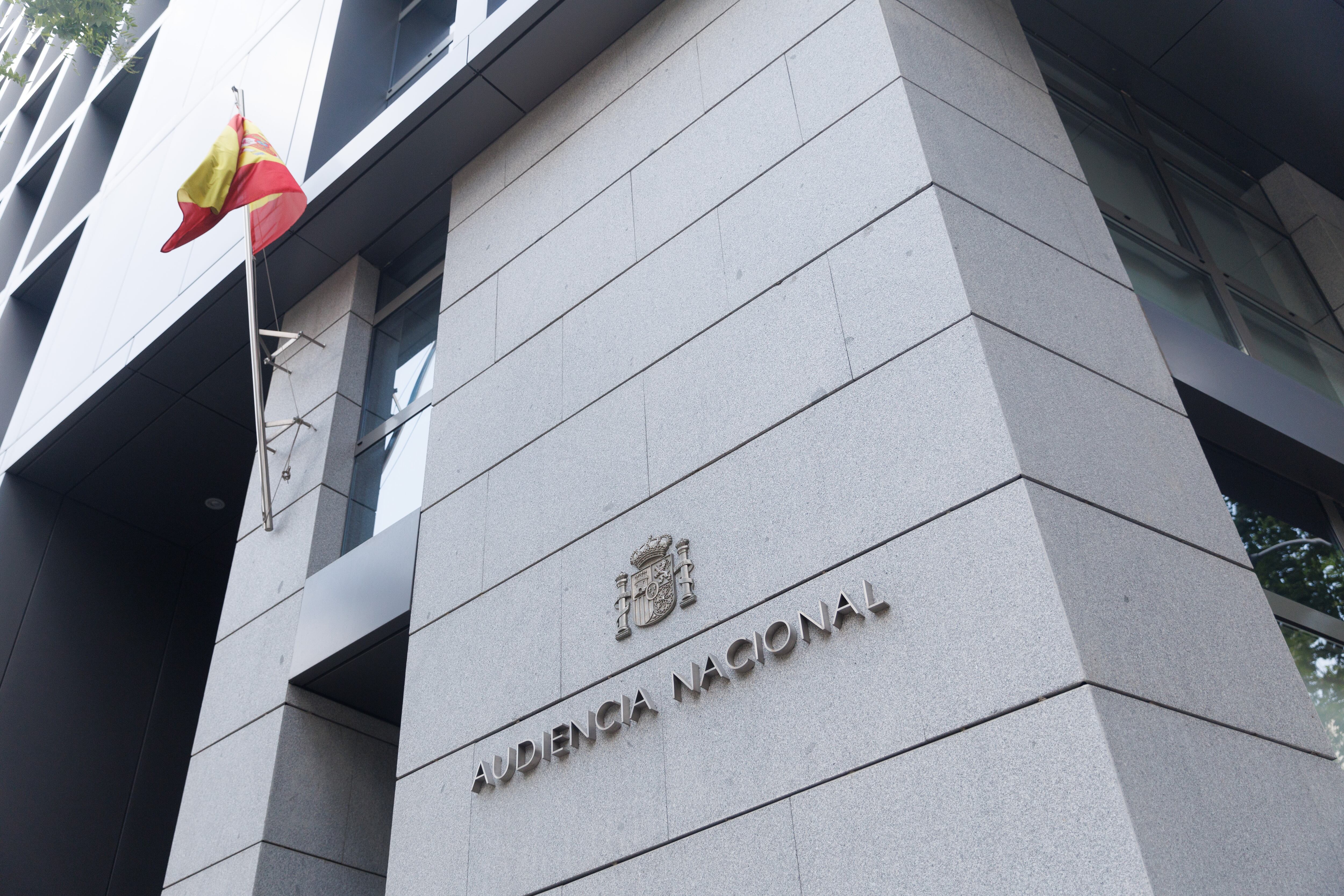The best mayor, the National Court? | Opinion

Of course, Lope de Vega did not think about the National Court when he wrote the play whose title surrounds the head of this article. The author thought that this function would teach the virtues of material justice that a king would have, at the judge of judges, to correct the abuses of a nobleman over a peasant. At that time, Lope de Vega not only announced something that was called class struggle, but also denounced the justice of the judges of the time, called mayors by Arab influence. Hence the term « mayor » derives to refer, precisely, to the abuse of power of an authority.
On Monday there was a very serious outbreak resolved, seen with perspective, quite quickly. It was inevitable that conspiracy theories arose accusing one and others, funny memes included, pointing, well to poor management, well to sabotage. Good luck that at this time no one remembers aliens as possible responsible. But what was not expected is that a National Court Judge I broaden a car in which the competition to investigate will be attributed to himselfR What happened. Let’s go in parts.
What the judge has done, technically, is called « ex officio initiation of criminal instruction. » It is an institution that assumes that an instructional judge assumes the investigation of the facts of his own initiative without anyone asking for it. It is an obvious residue of the old inquisitive system, whose name derived, precisely, from the canonical Inquisition instituted in 1215, and that allowed those mayors – the former judges – to make and undo in the investigation of a criminal process without absolutely entrusting to anyone, except for their own criteria, creating the situation that is masterfully described in The processwhere Kafka tells how precisely an inquisitive process in his country in the twentieth century.
The ex officio initiation is not even provided for in the Criminal Procedure Law, but it is not directly prohibited, which has served the jurists over the decades to seek an apparent legal support here and there. The truth is that it has been used, although little, but right now it had not been on the nose without leaving the nose because, although the Constitutional Court has passed on the issue, the institution has obvious constitutionality problems that make it completely disposable, at least in our legal-cultural environment, where it was over time ago.
The first problem is with the right to the impartial judge. When no one asks a judge to open actions, and decides to do it himself, he surely has a motivation to do so. And that motivation cannot be that he has read it in the press, much less that he has perceived it in his meats, since in that case impartiality, as is obvious, is completely annulled. A judge cannot be lifted by reviewing the press to see what case he instructs today, since the suspicions of having a personal inclination would be evident. And impartiality is precisely an essential quality of the judge in which appearances are inalienable, as the European Court of Human Rights has indicated for decades.
But the above being, even more so is the collision of the ex officio initiation with another very important right, but less known and named something wired in Spain: the right to the ordinary judge predetermined by law. This right guarantees that the competence of a judge is determined by the law, and not the judge himself, and not for a specific case, but in a general way. And not once the events have happened, but with a previous character.
Well, in the case in question, the judge of the National Court has decided that he, and none of his colleagues, is the most indicated to investigate these facts. When a complaint is made – or a police report – or a complaint, those writings are given to a judge or another of the same category with criteria in which chance comes into play, to prevent anyone from thinking that a specific case is attributed to a specific judge, who knows for what reasons. There should be no doubt about this attribution of competence, and instead the ex officio initiation dissipates all doubt, since it completely breaks all the guarantees that support the essential content of this fundamental right, and that have already been explained in the previous paragraph.
The present is, therefore, an occasion for this order to be annulled by the Criminal Chamber of the National Court, finally banning the ex officio initiation of our legal system. Of course, this does not rule out that the prosecution present complaints for these facts if he appreciates crime characters. Or even that a popular actor presents the complaint, as long as that unusual legal aberration in the world is not definitively expelled from our laws – the popular action -, and of which I already dealt with another article in this same newspaper.
But perhaps it is also the time to raise, once again – and there are already many – the abolition of the National Court, that conglomerate of courts with origin – not with present – undeniably Franco in the special court for the repression of Freemasonry and communism, born in 1940 and that has lasted hub up until today with different denominations by historical avatars not always confessable but that, by pure historical memory, it would be necessary back. Again, there is nothing similar to the National Court in the countries of our legal-cultural environment.
In addition, the National Court, for the cases of which he knows, has the inconvenience of favoring that some of their judges, if they assault them rejectable wishes of being media, get it. It would also be a good time to make a reflection on how the excellence of a judge is technically considered in order to his ascent. Objectivity should prevail in the assessment of your work, and there are criteria that are barely taken into account. Perhaps these wishes would diminish, which have sometimes been observed, to be made with media causes. Maybe we would also stop reading some resolutions in some cases that interest the general public, who move away from legal rigor and approach literary fiction, as has happened, sometimes, in recent years. But that is another issue.








